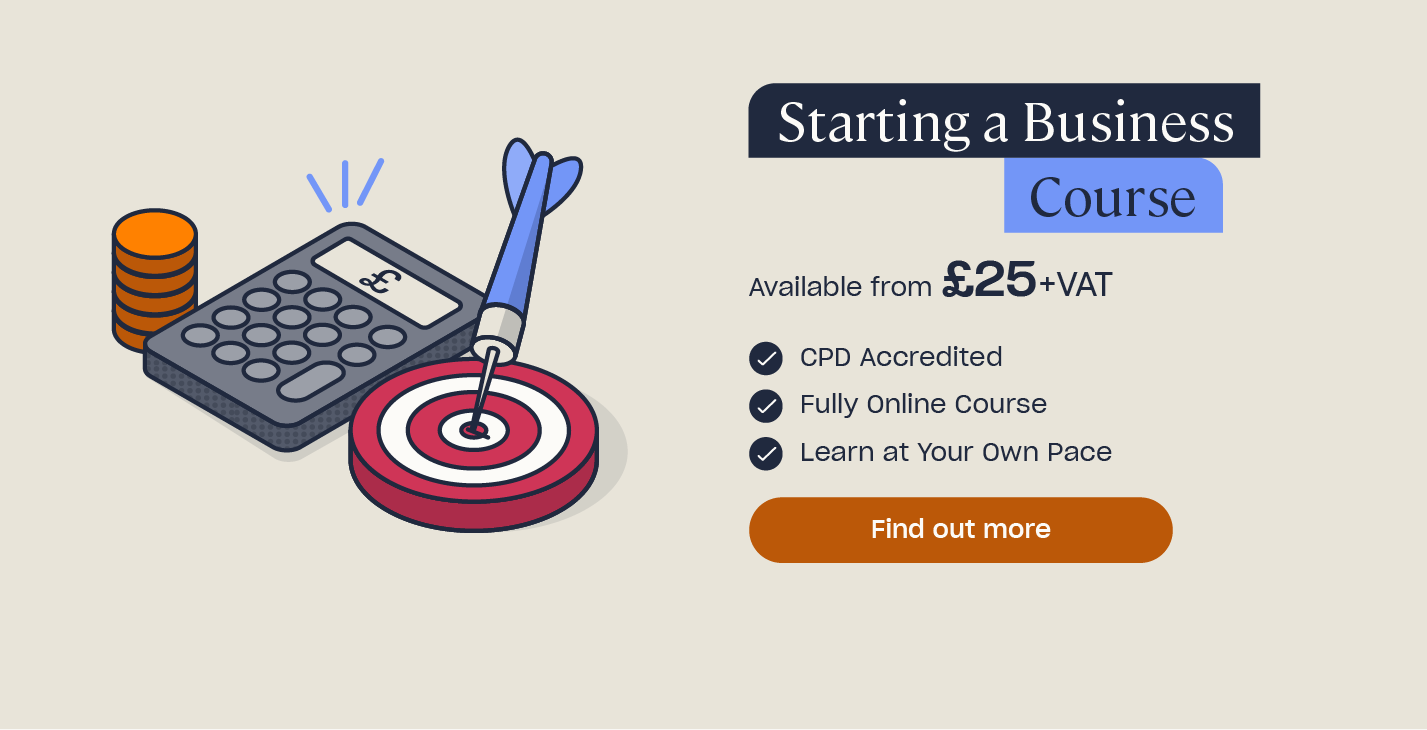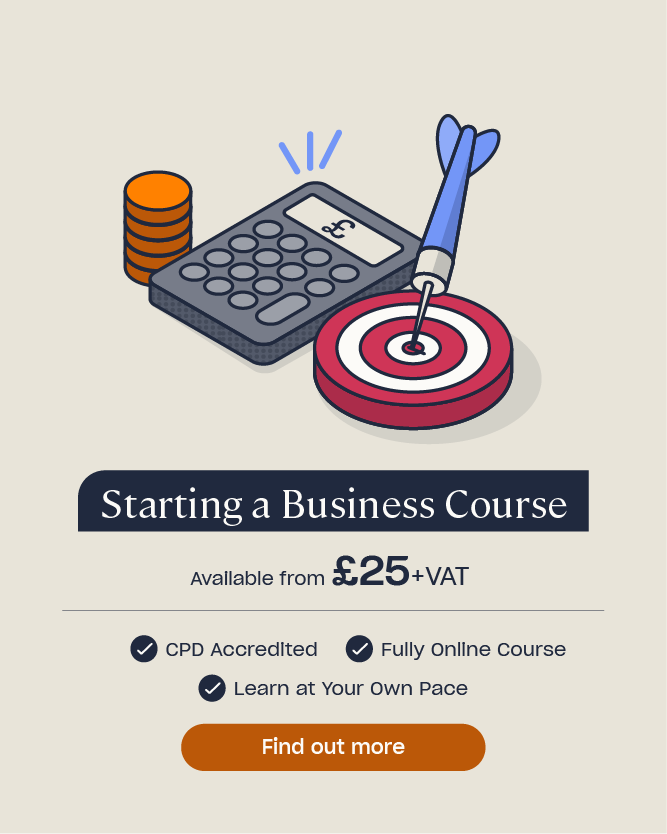Chapter 4: How to Write a Business Plan for Your Cleaning Company
How to Write a Business Plan for Your Cleaning Company
All businesses need a plan and, without one, you’re unlikely to attract clients, get your company name known and make a profit. But it’s not all bad news, as chances are you’ve already started creating your plan without realising it! If you’ve done some market research or started to look at the equipment you need to buy then you’re already beginning to put together a plan – now you just need to get it down on paper.
Your business plan is merely a short document that sets out your objectives and helps you (and other potential investors) see exactly what your aims are and how you’re going to go about achieving them. The plan will help you to keep a focus on what’s most important in order for your business to thrive.
The idea of writing a business plan sounds quite daunting but it needn’t be a complicated job. In fact, one side of A4 paper should do it! Your goal is simply to get all the key information written down in a logical order.
Topics to Include in a Business Plan
The topics that you need to include in your cleaning company business plan are:
- The name, address and contact details for your business.
- Information on the management of the business; who’s in charge?
- Your company’s Mission Statement: in one sentence, simply summarise the overall aim of your cleaning business.
- Where you will operate from; where you will be based (including if it’s at home) plus information on any overhead costs associated with the business premises.
- Your start-up costs; what cleaning equipment and supplies do you need to buy? Do you need to pay anyone a wage? Have you got insurance?
- The everyday costs of the business; how much will you spend on a weekly or monthly basis? Include all overheads and outgoing costs, like top-up cleaning supplies, petrol and wages.
- Funding and financial projections; where do you plan to get the money from to start the business and what are your projected profits/losses for the next month, year, 2 years etc? How will you maintain the cash-flow?
- Will you work on the business full-time? What will your working hours be?
- Does your business have any local competition and what is the USP of your own business that will make it stand out from the crowd?
- What is your marketing strategy?
- Your pricing strategy; what are you going to charge for your service? Will you charge per job or per hour?
- How you will be paid for your service; do you plan to issue invoices, have a monthly subscription for clients or ask them to pay in cash on the day?
- Are there any other logistics you need to consider, such as transport?
Download our free, ready-made, one-page business plan template and begin writing all this information down to get you started. You’ll notice that it groups some of the questions above into six key headings but do feel free to add in your own sections to ensure that all the relevant information has been recorded.
The Prince’s Trust website may also come in handy if you want to learn more about writing a business or financial plan and download more complex templates and tables.
One Page Business Plan Template
Company Name:
Company Address & Contact Details:
- Mission Statement: (In 1 sentence, what is your business setting out to do?)
- Business Objectives: (e.g. what you will sell, who your customers are and the features of your business that will make it successful).
- Financial Strategy: (including start-up costs, overhead costs, what you will charge for your services, how you will get paid and/or pay others, your projected profits/losses and information on how you will fund the project from the start).
- Marketing Strategy: (e.g. planned advertising, promotions, client loyalty programmes etc).
- Monitoring Success: (what will your milestones be? How will you know when the business is doing well? E.g. number of clients, total sales, net profit).
- Potential Problems & Solutions: (what are the risks and how will you overcome them?)
Should I Operate as a Sole Trader or a Franchise?
If you take a closer look at some of the other cleaning companies out there you’ll notice that they’re divided into two formats: sole traders (like Mopp) and franchises (like Molly Maid). But which is best?
Sole traders are self-employed. If you’re a sole trader then you own the company, you work for yourself and you hire your own employees. You’re also responsible for paying your own tax and sorting out your own insurance. Sole trading means that you have complete control and responsibility over how your business operates but you’ll have to work very hard in order to get yourself noticed and make money.
Franchises are part of a company owned by someone else. The idea is that you ‘buy’ your cleaning business from the larger company and then you operate using their brand name. The company will also give you all the information and training that you need to deliver your service, plus it means you can get started with a business name that’s already well-known which may help you to attract clients. However, franchises can be expensive to start (it might set you back £10,000 to ‘buy’ the company name) and it doesn’t necessarily guarantee that you’ll see more success than if you began a company from scratch.
10 Things to Consider When Creating a Budget
Budgeting is a key part of your business plan as without it you’re likely to accidentally overspend one month and find you can’t afford to pay your employees the next. It’ll help you to keep track of how much money is coming in (your income) and how much is going out (your expenses) so that you always know how much you have available to spend, to spare or to save. Consider the following tips when creating your cleaning company budget:
- Cut yourself some slack! Don’t plan to use every penny that you have and keep in mind that whilst some outgoing costs are fixed, others can vary. Always overestimate your expenses so that you don’t find yourself in the red when something was more costly than you planned.
- Delete unnecessary expenses. If your expenses are higher than your income then take a look at which of them could be removed or cut. Could you use a cheaper brand of cleaning chemicals to reduce costs, for example? Or perhaps you don’t really need to dry-clean your uniform every week?
- Review your budget every 6-12 months. Take a look at your cash flow and see whether you need to make any adjustments. This is also a good time to do a price comparison on cleaning products or insurance to ensure you’re getting the best deal.
- Have a ‘rainy day fund’. Make sure you have a contingency plan in place in case your expenses change – how will you cope if costs go up, if the minimum wage changes or something breaks?
- Plan on a month-by-month basis. Does each month in your business see the same income? Perhaps you have busy periods in the summer where you see your income rise and quieter months in the autumn where your income drops. Make sure that you plan your budget according to your predicted schedule.
- Time is money! Don’t forget that the time you spend doing the job equates to the amount you’ll earn. Set time limits for tasks so you don’t spend longer on them than necessary, thus losing essential income.
- What are you going to charge clients? This will have a huge impact on your budget as if you don’t have enough money coming in then you won’t have enough cash to spend on what you need. Think about whether you’ll charge clients per job, per hour or per month. Most domestic cleaners average around £10-15/hour.
- Don’t forget start-up costs. It’s likely that your first year may be more expensive than others as you’ll need to incorporate your business start-up costs. You may want to set aside part of the budget each month to buy something new or you may be paying off debt from a one-off start-up purchase.
- Don’t spend all your profits! When planning your budget you may find that your income is higher than your expenses and this means profit – which is great! However be careful not to plough all of this money straight back into the business. Instead, keep some aside and pop it in your rainy day fund for emergencies.
- Consult a financial adviser. If you need help with budgeting or want to create a more thorough financial plan then consulting a financial adviser can be a good investment. Don’t be afraid to ask for a helping hand if you need it!











